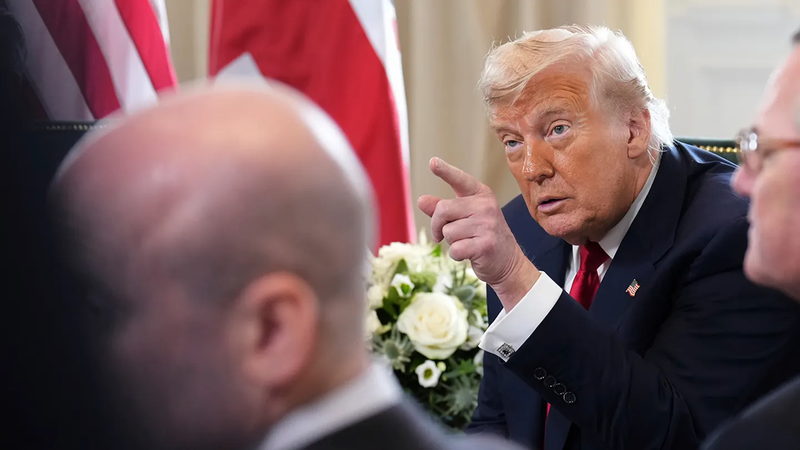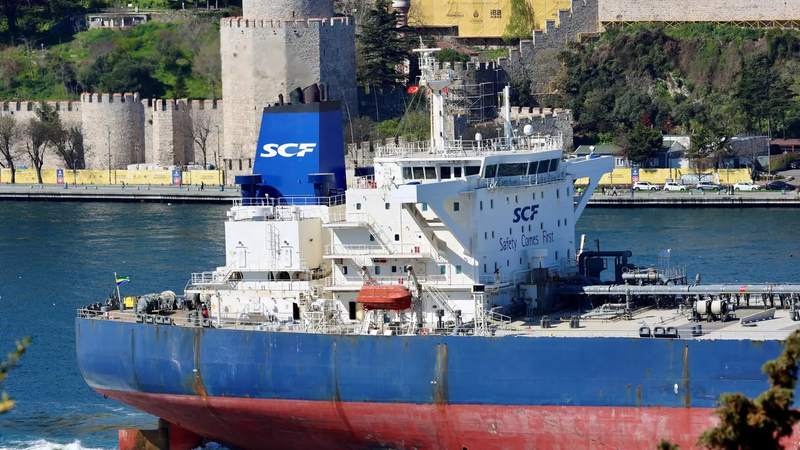
Trump’s 10-Day Ultimatum to Putin Puts Pressure on China’s Role in Russian Oil Trade
President Donald Trump has issued a firm 10-day deadline for Russian President Vladimir Putin to agree to a peace deal or face sweeping sanctions — including 100% tariffs and unprecedented secondary sanctions on countries that continue to purchase Russian oil. While the warning is squarely aimed at Moscow, the move places indirect but immense pressure on Beijing, a top consumer of Russian energy.

Trump, speaking aboard Air Force One, made clear that if no ceasefire is reached by August 8, the U.S. will move forward with a full sanctions package targeting Russia’s energy revenues. “We’re going to put on tariffs and stuff,” Trump told reporters. “It may or may not affect them, but it could.” The message is unambiguous: either Putin ends the war, or Russia’s economic enablers will be held accountable.
That includes China. In 2024, Russia raked in $192 billion from oil exports — much of it driven by Chinese and Indian purchases. With U.S. imports from Russia already near historic lows, these secondary sanctions are designed to cut deeper by punishing third-party nations, including China, for sustaining Putin’s war machine.
However, China’s role isn’t just about oil. Beijing has consistently walked a fine line between neutrality and quiet support for Moscow. From providing dual-use technology to skirting export controls, China’s complicity has drawn increasing scrutiny from Washington. Trump’s threat may now force Beijing to choose: continue its strategic energy partnership with Russia, or risk heavy economic consequences from the U.S.
The geopolitical stakes are high. Secondary sanctions on China would not only impact billions in trade but could derail already fragile negotiations between Treasury Secretary Scott Bessent and Chinese officials in Stockholm. A looming August 8 deadline could accelerate a breakdown in talks, especially as the U.S. eyes reinstating a 145% tariff hike on Chinese goods.
More broadly, Trump’s strategy marks a shift from passive diplomacy to active economic leverage. It's a clear signal that the U.S. will no longer tolerate Chinese backchannel support for adversaries like Russia. If Beijing continues to fund Putin’s war through oil purchases, it may soon find itself in the crosshairs of a broader American economic offensive.
For U.S. citizens and policymakers alike, the message is urgent: China is not just a competitor — it's a quiet collaborator in a global conflict. Ignoring this reality could embolden further aggression from both Moscow and Beijing. The time to act is now.